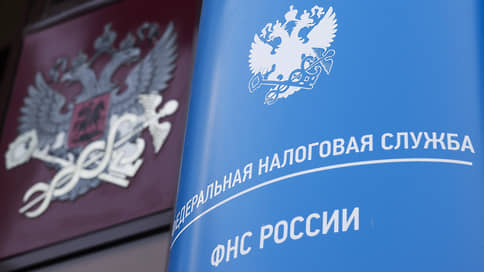The Federal Tax Service denies mass inspection of St. Petersburg landlords
[ad_1]

The press service of the Federal Tax Service of Russia in St. Petersburg told Kommersant that the media misinterpreted the words of the leadership about the work of the department that were said at the press conference. It was about ordinary checks, while journalists spread information about pressure on St. Petersburg landlords through mass checks and a fan distribution of registered letters.
As the press service of the department explained to Kommersant, the misunderstanding occurred after the TASS press conference “Declaration Campaign 2023”. A journalist of one publication noted that his editorial office received a message from readers who received registered letters from the Federal Tax Service this spring with a demand to appear at the tax inspectorate of their district to give explanations on the use of their apartments, since the inspectorate has information that the premises are rented . And also with the requirement to file a tax return not only for 2022, but also for 2021 and 2020 by April 30.
In response, Vladimir Polezhaev, Deputy Head of the Federal Tax Service of Russia for St. Petersburg, noted that the problem of whitewashing the rental market is very relevant, and the tax authorities are actively dealing with this issue. Therefore, the department periodically checks citizens who can rent out real estate and do not pay tax. Mr. Polezhaev explained that the situation with whitewashing improved after 2020, when a tax on professional income (self-employment) appeared.
According to the department, about 70 thousand landlords in St. Petersburg paid taxes precisely as self-employed – 4% or 6% instead of 13% (personal income tax). The Federal Tax Service receives information about the possible rental of real estate, including from neighbors who may complain about negligent tenants. As soon as information is received by the authorities, the Federal Tax Service begins an audit and can send a warning to the owner of the premises – either file a declaration or register as self-employed.
“Comprehensive work with law enforcement agencies, management companies, conversations with neighbors – we get information. Carrying out targeted work with citizens about whom there is information that they are renting out premises, we propose to pay the tax and fulfill our constitutional obligation to the budget,” said Vladimir Polezhaev. In fact, it was about the ordinary work of the tax inspectorate, and not about trying to put pressure on citizens, the press service of the Federal Tax Service of Russia in St. Petersburg noted.
[ad_2]
Source link






